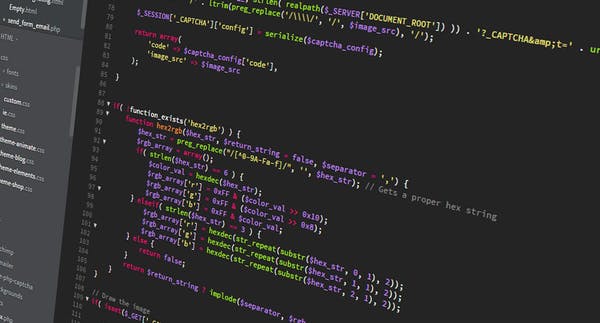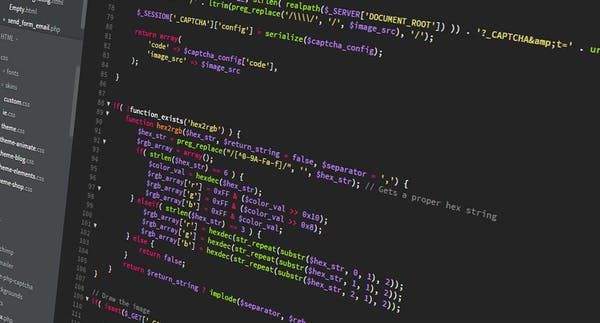Web Designers
Introduction:
Web design is a challenging field that requires a diverse range of skills and abilities to succeed. Whether you’re designing websites for clients or creating your own projects, there are a number of essential skills that every web designer should possess. In this blog post, we’ll take a look at 10 essential skills for web designers.
In today’s digital age, having a strong online presence is crucial for businesses and individuals alike. And at the heart of every successful online presence is a well-designed website. Whether you’re a seasoned web designer or just starting out in the field, there are certain essential skills that you’ll need to master to create effective and user-friendly websites.
From understanding the basics of design principles to staying up-to-date with the latest technologies and trends, web design requires a diverse range of skills and abilities. In this blog post, we’ll take a closer look at 10 essential skills that every web designer should possess. Whether you’re working on a project for a client or creating your own website, these skills will help you create engaging and effective designs that meet the needs of your target audience. So let’s dive in and explore these 10 essential skills for web designers.
Important Points:
- Design fundamentals: Web designers must have a strong foundation in design principles, including color theory, typography, and layout.
- User experience (UX) design: Understanding how users interact with a website is crucial for creating effective and user-friendly designs.
- Web development: While web designers don’t necessarily need to be expert developers, understanding basic coding and programming concepts is helpful.
- Responsive design: With the rise of mobile devices, it’s essential for web designers to create responsive designs that adapt to different screen sizes.
- Search engine optimization (SEO): Web designers should be familiar with SEO best practices to ensure that websites rank well in search engine results pages.
- Content creation: In addition to design, web designers should also be able to create and edit website content, including text, images, and videos.
- Communication skills: Effective communication is key when working with clients, team members, and other stakeholders involved in a web design project.
- Project management: Web designers should have the ability to manage timelines, budgets, and resources to ensure projects are completed on time and within scope.
- Collaboration: Working collaboratively with other designers, developers, and stakeholders can lead to more successful web design projects.
- Continuous learning: With technology constantly evolving, web designers must be committed to continuous learning to stay up-to-date with the latest trends and best practices.
FAQ’s:
1. Do I need to know how to code to be a web designer?
A: While knowing how to code isn’t necessarily a requirement for web design, understanding basic coding concepts can be helpful.
2.What software should I use for web design?
A: Popular software options for web design include Adobe Photoshop, Sketch, and Figma.
Pros:
- Having a diverse range of skills can lead to more opportunities and career growth in the web design industry.
- Creating effective and user-friendly designs can lead to increased website traffic and higher conversion rates.
- Collaboration and effective communication can lead to more successful web design projects and satisfied clients.
Cons:
- Balancing multiple skills and responsibilities can be challenging for web designers, particularly those working on projects independently.
- Staying up-to-date with the latest web design trends and technologies can require significant time and effort.
Final Conclusion:
Web design is a dynamic and challenging field that requires a diverse set of skills and abilities. From design fundamentals to project management and continuous learning, there are many essential skills that can help web designers succeed. By focusing on these skills and continually seeking to improve their craft, web designers can create effective and engaging designs that meet the needs of clients and users alike.
web design is a complex and challenging field that requires a diverse set of skills and abilities. From understanding the fundamentals of design principles to mastering the latest technologies and staying up-to-date with trends, web designers must be committed to continuous learning and improvement.
By mastering these 10 essential skills for web designers, you’ll be well on your way to creating effective and user-friendly websites that meet the needs of your clients and users. While it can be a challenging and time-consuming field, web design can also be incredibly rewarding and fulfilling for those who are passionate about creating engaging and effective online experiences.
So whether you’re a seasoned professional or just starting out in the field, keep these essential skills in mind and continue to hone your craft. With dedication and hard work, you can create websites that stand out in a crowded digital landscape and help your clients and users achieve their goals.




